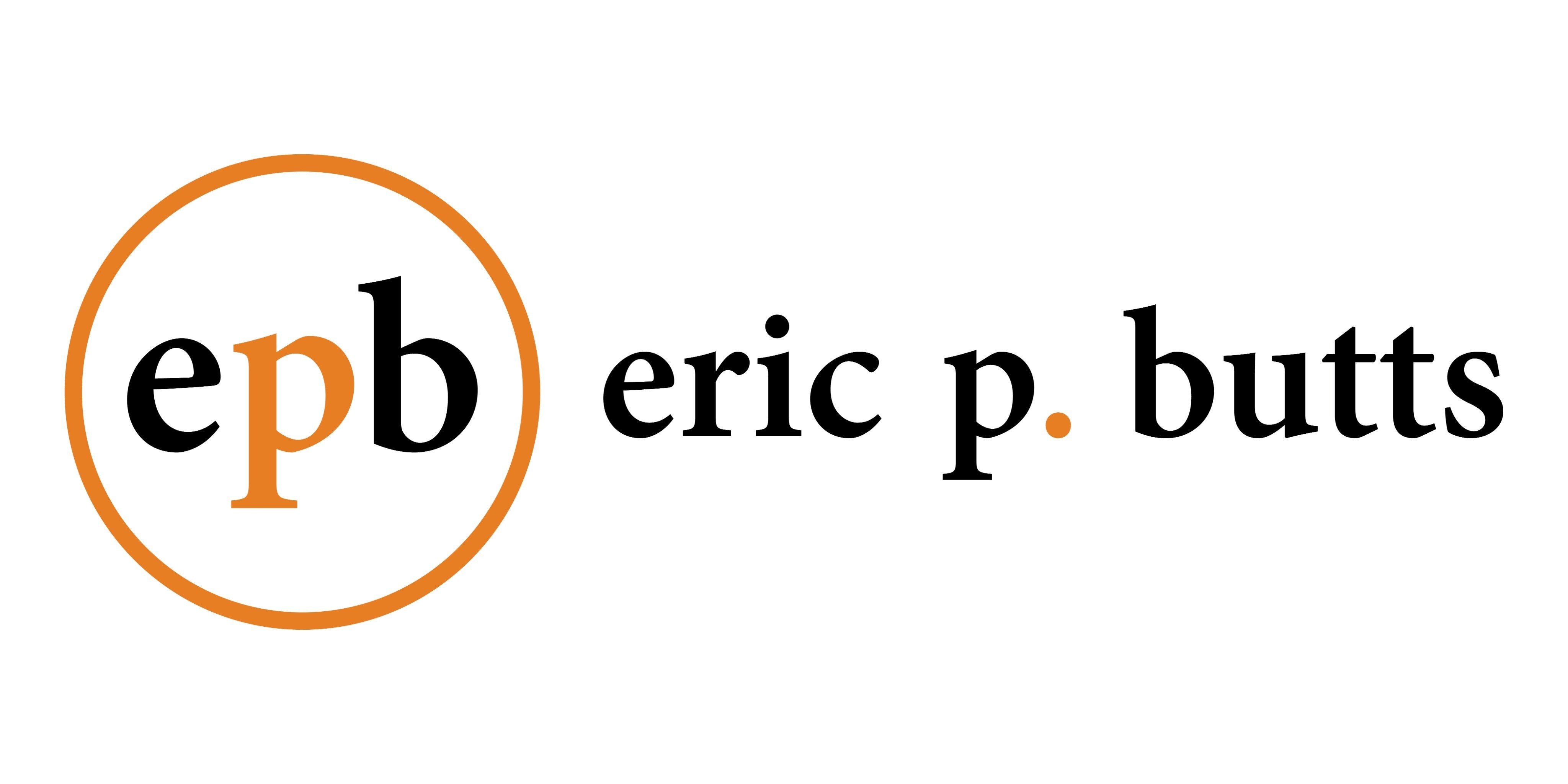4 undisputable reasons why you need to set boundaries with your clients
On time and under budget has a nice ring to it, doesn’t it?
In order to do that, some clear professional boundaries and expectations have to be set before agreeing to a consulting engagement. Those boundaries will act as the guiding principles if any significant changes in information come up during the course of your work.
You might be thinking your business can’t afford to turn away money because of some stupid policy.
You’d be thinking wrong.
Setting professional boundaries is about more than having a policy – it’s about protecting you and your business
That’s exactly so I’m going to give you some tangible reasons why having boundaries is non-negotiable.
1. You end up signed for work you’re not equipped to deliver
Once dollars are on the table in front of you, it gets trickier to say no, even if you know you’re not the best person for the job. If you push through anyway, your project is more at risk to go sideways. Depending on the client, that may equate to a higher risk of you having to defend yourself in court.
If you fully disclose to the client that the scope of what’s being asked isn’t your primary area and they want you to do it because they trust you, then by all means take on as much as you can.
Yes, this does happen.
2. You over-commit on due dates without “skin in the game” from the client
I once was on an 8-week project that took 9 months to deliver. You know why? The client participants we needed couldn’t all be available at the same time.
When a client asks how long a project will take and you provide a quote, you make one unignorable assumption. The implied assumption is “under normal conditions”. The explicit boundary you have to set is that you can’t be held to any deadlines and budget constraints without the client doing their part.
3. You lose money on “scope creep”
Clients only care about under-budget for them. So if they start asking for a little extra here and a little extra there without you increasing your budget, you end up eating the cost. But hey, at least you kept the project under budget (for them).
4. You burn people out
You have some people out there who think scope creep is fine as long as you don’t add to the existing team. Why? Because even if you end up not billing those hours, the additional hours worked don’t cost any more to the firm. At least not right away.
If you get the reputation as the guy who always says yes with no consideration of staff capacity, watch how quickly your team looks for work elsewhere. And they won’t hesitate to leave your firm to make it happen.
Excelling as a consultant requires a number of skills with setting boundaries being one of them. Click here to learn more about the 12 habits of highly successful consultants.
